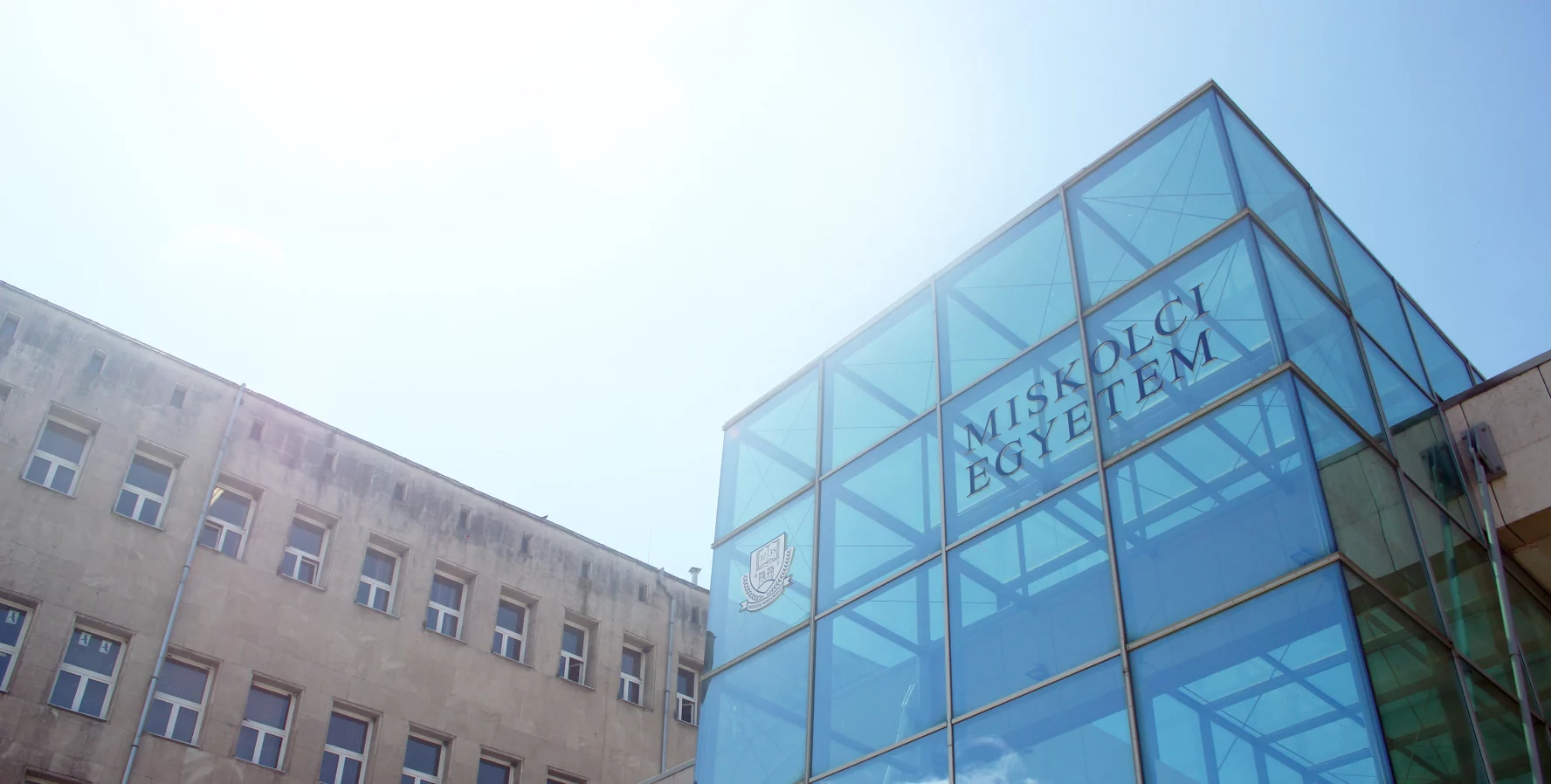
The University of Miskolc, in compliance with the provisions of Act XXV of 2023 on complaints, notifications of public interest and rules on the notification of abuse, and the provisions of Government Decree 370/2011 (XII.31.) on the internal control system and internal audit of budgetary bodies, maintains dedicated channels for receiving whistleblowing complaints of incidents that violate organisational integrity (hereinafter jointly referred to as “whistleblowing complaints”).
The whistleblowing line can be used to report:
If submitted by post, the envelope must be clearly marked ‘Compliance whistleblowing complaint’, so that only the authorised person can get acquainted with it.
To assist you in making a written whistleblowing complaint, you can download the separate Whistleblowing complaint form, the use of which is recommended but not mandatory.
If you do not use the above whistleblowing complaint form, please include the following information in your whistleblowing complaint (whether written or oral) to help facilitate an effective investigation:
The Compliance Officer of the University of Miskolc will send the whistleblower confirmation of receiving the whistleblowing complaint within seven days of receipt thereof, and provide information on the procedural and data processing rules therein.
The Compliance Officer will investigate the allegations in the whistleblowing complaint as soon as the circumstances permit, but no later than 30 days after receipt of the whistleblowing complaint. This deadline may be extended in particularly justified cases upon simultaneously informing the whistleblower. The information shall specify the expected date of the investigation and the reasons for the extension.
The Compliance Officer shall investigate the whistleblowing complaint within 3 months even in the case of an extension.
The Compliance Officer of the University of Miskolc shall inform the whistleblower in writing about the investigation of the whistleblowing complaint, the reasons for the possible lack of an investigation, the result of the investigation of the whistleblowing complaint, the measures taken or planned.
During the investigation of the whistleblowing complaint, the Compliance Officer shall keep in contact with the whistleblower and may invite him to supplement or complete the whistleblowing complaint, to clarify the facts of the case and to provide additional information.
The University of Miskolc has issued a Data Processing Guide on the processing and protection of personal data in connection with the investigation of incidents that violate integrity entitled “Data processing guide for natural persons reporting incidents that violate integrity to the University of Miskolc”, which is publicly available on the following link:
Whistleblowers are entitled to protection in accordance with applicable law in relation to their whistleblowing complaints made lawfully.
In the context of this protection, any measure adversely affecting the whistleblower which is taken as a result of the whistleblowing complaint made lawfully and which is taken in the context of the legal relationship or connection giving rise to the right to make a whistleblowing complaint, is deemed unlawful even if it would otherwise be lawful.
Where a whistleblowing complaint is lawfully made, the whistleblower shall not be deemed to have breached any restriction on disclosure of a legally protected secret or any other legal restriction on disclosure of information and shall not be liable in respect of such disclosure, provided that the whistleblower had reasonable grounds for believing that disclosure was necessary to reveal the circumstances of which the disclosure was made.
Where a whistleblowing complaint has been made lawfully, the whistleblower shall not be liable for obtaining or having access to the information contained in the whistleblowing complaint, unless the whistleblower has committed a criminal act by obtaining or having access to the information.
A whistleblower shall not be held liable for lawfully making a complaint if the whistleblower had reasonable grounds to believe that the complaint was necessary to disclose the circumstances to which the whistleblowing relates.